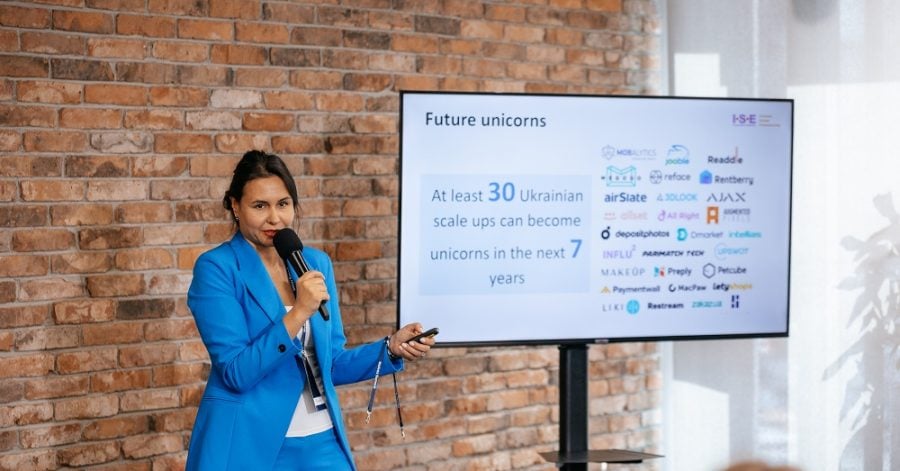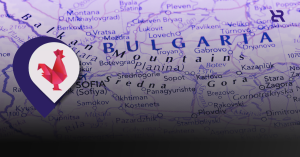Before the war, Ukraine had one of the most promising startup ecosystems in the world – with annual double-digits growth rate and a growing amount of venture capital invested in Ukrainian startups.
Today, the country already has a proven track record of producing successful tech companies like Grammarly, GitLab, Depositphotos, Preply, Ajax, People.ai, and many others.
And while the Russian invasion threatens to destroy Ukraine’s cities and infrastructure, including the country’s tech ecosystem as well, a number of Ukrainian startups are staying vigilant and vow to keep on working and have business as usual, even under the most difficult circumstances.
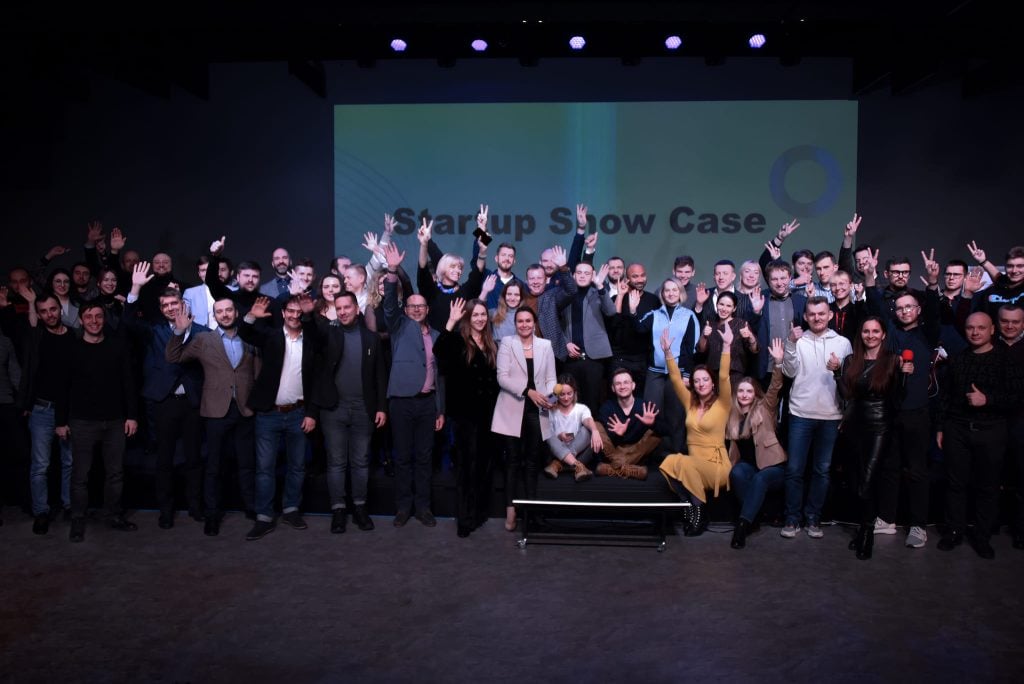
According to Elena Malitskaya, founder and CEO of Ukraine’s ISE Group (Innovation*Startups*Entrepreneurship), despite the war, most startup founders of all stages keep working and developing their products. Malitskaya’s organization is also dedicated to searching for any opportunities to support startups and to promote Ukraine worldwide.
“We understand that we all have to work to contribute to our Economy and the IT sector is one of the most resilient sectors of the economy. Most of the startups and IT companies resumed their work to the level before the war. I would say that up to 80% of the startups keep working at some level. About 5% of founders decided to join army and military forces, while other founders decided to temporarily join cyber army or so-called IT Army,” Malitskaya tells The Recursive.
As Malitskaya explains, in the current situation, the role of Ukraine’s IT Army is crucial in the war as it allows the Ukrainian authorities to get information directly from the Russian servers, such as the names of the Russian soldiers who participated in the Bucha massacre, the evidence for other war crimes, as well as Russian correspondence.
Different IT clusters are also doing their part in aiding the Ukrainian people, as shown by the Lviv IT Cluster, a project that aims to bring the Ukrainian IT community together.
“In this difficult time when Ukraine struggles for its sovereign land, Lviv IT Cluster has implemented urgent projects. The Lviv IT Cluster’s team is providing the necessary humanitarian help for the Armed Forces of Ukraine, Territorial Defenses Forces of various cities, and hospitals,” Stepan Veselovskyi, CEO of Lviv IT Cluster, tells The Recursive.
Additionally, many female startup founders have decided to stay in the country and actively take part in the war by volunteering, sewing clothes for the army, rescuing people or animals.
“Female founders can leave the country and go abroad to safer places, however many of them decided to stay and contribute,” Malitskaya adds.
Adaptability, passion, and remote work
Donbas-founded iLogos Game Studios is one of the tech companies that kept on with their work in Ukraine during the last two months.
The company had a similar experience before – in 2014 when the conflict started in the Donbas region, iLogos offices were in the city of Luhansk. Soon afterwards, the Ukrainian company had to think of a different approach that would allow them to keep their global clients.
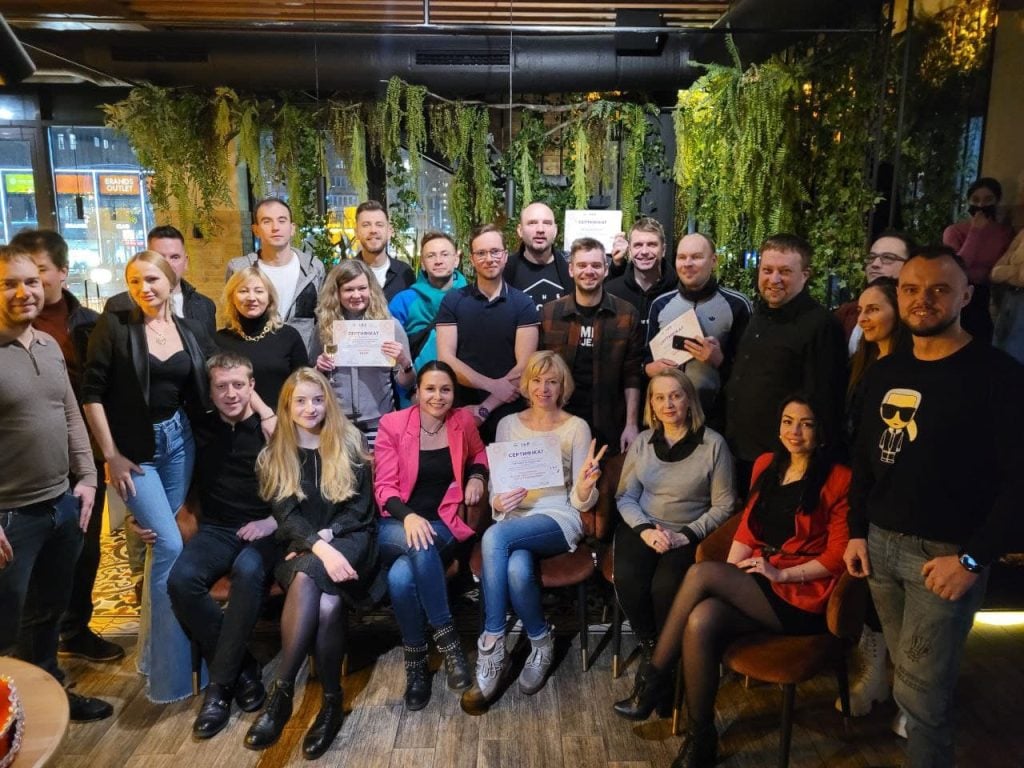
“Back in 2014, we relocated 300 game development professionals with their families to safer places. So, we were “lucky” to meet the second war prepared. Our work pipelines have been fully remote for the last eight years, and, since first Russia’s invasion of Donbas, our infrastructure accommodates distributed teams located in 13 countries,” iLogos’ CBDO Svitlanka Sergiichuk Romaniuk tells The Recursive.
Since then, the Ukrainian company has worked remotely with specialists from 15 countries and significant clients worldwide.
“Our work processes have long been fine-tuned for remote work; our specialists manage to work in different conditions without losing the quality,” Romaniuk explained.
For many other Ukrainian startups and companies it has also become extremely difficult to function, so they had to take up the same strategy as iLogos, relocating their employees in the Western parts of the country and abroad.
“IT companies and startups relocated to safer regions, to Western and Central Ukraine, and now they can keep work and do their daily assignments, take new clients and develop their startups,” Malitskaya emphasizes.
According to her, while what is happening right now with IT startups and workers is not a systematic relocation, and people are going wherever they can, those who want to work remotely can do it from anywhere.
“Many go to Poland, establish legal entities there, and get grants from some programs. But we have people everywhere – in Lithuania, Germany, Portugal, one startup is also in Ireland, and so on,” Malitskaya points out.
Now, the primary focus for most of these startups is how to keep getting the financing they need for their operations, she further adds.
“Many startups gave their working capital and their savings to the army, or to volunteering buying first necessities, to rescue and relocate their neighbours from damaged cities, to help their colleagues to escape from unsafe regions. So, now we need grants and support funds to replenish these working capital needs. We deeply appreciate the support from Google, who understood this situation and launched the Ukrainian Startup Support Fund,” she tells The Recursive.
VC funds are also doing their part in supporting Ukrainian startups, and, according to Malitskaya, they need to keep on investing for the sake of preserving Ukrainian digital products, intellectual capital, and abilities.
“The point here that one has to realize is that it is easy to destroy buildings, but you cannot destroy digital products, which are on safe servers. And the Ukrainian entrepreneurial spirit and persistence won’t be destroyed during the war.
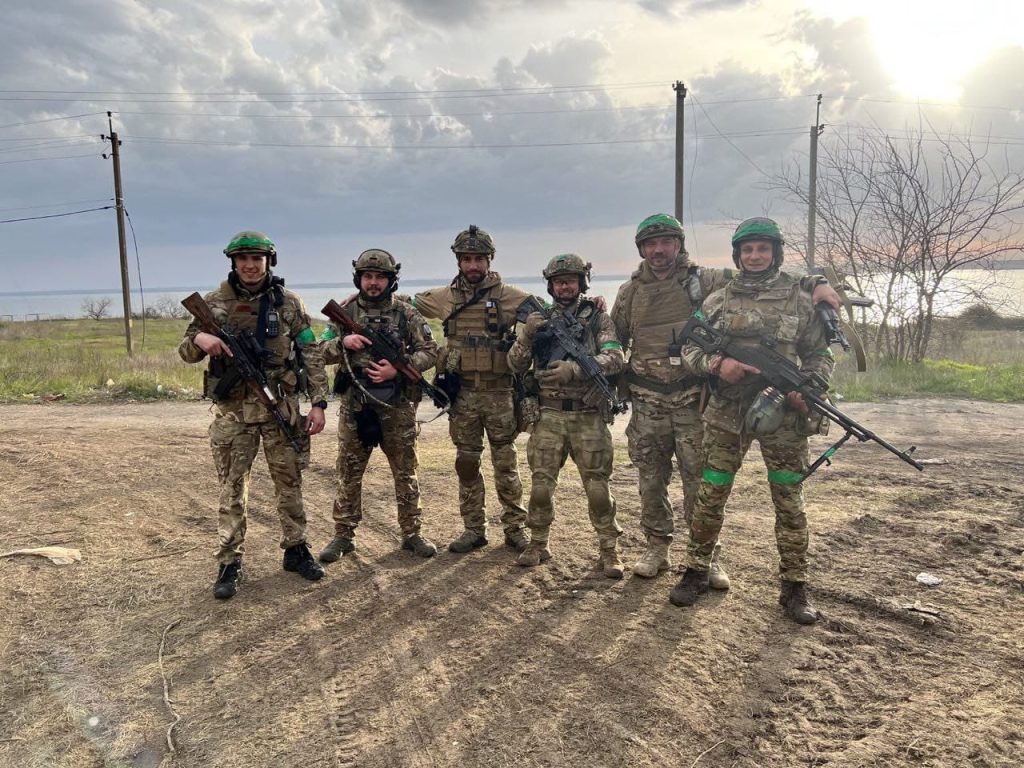
So, it is remarkable, there are even VC deals into early stage startups. SID Venture partners invested in 4 Ukrainian startups – Elai.io, SPOKK, Mindlist.io, and NEAR Protokol in March. Another VC Geek Ventures based in NY invested in Competera, V-Art, Propertymate and Spokk,” Malitskaya tells The Recursive.
Establishing a deeper connection with the Balkans
While many IT professionals from Ukraine have relocated elsewhere in Europe, Ukrainian companies are also either relocating or expanding to nearby countries. Ukrainian IT company Intellias is one of them, as it recently announced that it is opening a new development center in Bulgaria.
Following the opening of three offices in Poland and a South-European IT hub in Croatia, Intellias now looks to expand to Bulgaria in the early summer of 2022, with a new office in Sofia.
The company plans to gather a strong team of local IT experts in Sofia who will join their existing global team of 2,500 specialists.
For Malitskaya, such examples can only benefit Ukraine and Balkan countries, while also developing and nurturing the already vast IT potential that both Ukraine and the Balkans have.
“We have to build a relationship with the Balkans, but we haven’t had a real connection with the region so far, so it would be great to dive deeper and explore ways that we could cooperate together,” Malitskaya says.
As for what the future holds for Ukrainian startups, entrepreneurs, and innovators, she says that the only way to go is to keep doing business, develop innovation and grow tech companies, even under such harsh circumstances.
“My advice is to keep trying, keep building relationships and eventually all of us will succeed. Sooner or later, it doesn’t matter. Ukrainian entrepreneurs are people who are made from steel, strong and flexible at the same time. There is no doubt we will prove this strength once again,” Malitskaya concludes.

